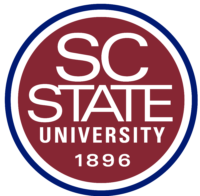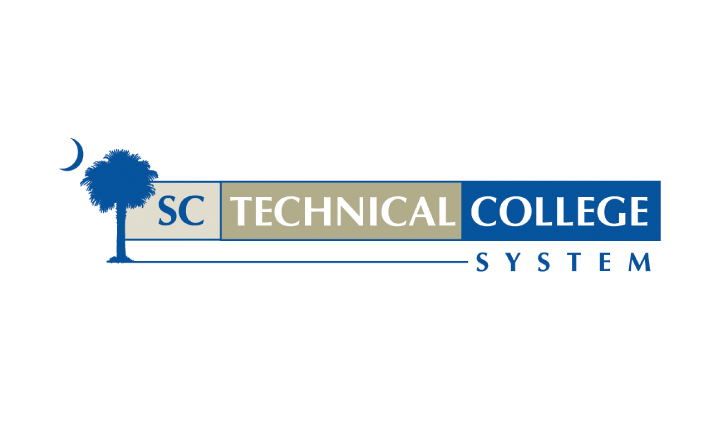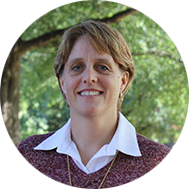PARTNERSHIPS
PARTNERSHIPS
LEVERAGING RESOURCES
We have secured additional funding from the Office of the Dean of Engineering, Computing, and Applied Sciences and by the Office of the Dean of Education at Clemson University, as well as from the Clemson University Professional Internship and Co-Op (UPIC) and Creative Inquiry (CI) programs to support the research activities of SC:SUPPORTED. This additional funding, along with course-credit approval for the CI component, has allowed us to engage two graduate research assistants (GRAs), three undergraduate research interns (UPIC) and 11 undergraduate Creative Inquiry students in the research experience with the Focus Group Team.
Further support from the Office of the Dean of Engineering, Computing and Applied Sciences has enabled us to expand the undergraduate research team to four. Future funding from the ASPIRE grant will promote the continuation of SC:SUPPORTED and allow further expansion to the research teams as researchers matriculate outside of the project.
STATE PARTNERSHIPS
Recent studies suggest most students take complex, indirect paths to an engineering degree by earning credits from and moving between a diverse set of institutions. In fact, only a small percentage of students follow the traditional path of graduating from a four-year engineering program within four years after high school.
Accordingly, the SC: SUPPORTED Launch Pilot includes a clearly-defined, diverse set of institutions:
- All state-supported, four-year post-secondary institutions with ABET-accredited engineering programs in the state;
- All state-supported technical (two-year) colleges in the state;
- The 118 high schools in 43 districts statewide with 70% or higher poverty rate. These 43 districts are located in proximity to the I-95 corridor with a high percentage of underrepresented minorities and historically low rates of post-secondary degree completion.
GROUP MEMBERS
Ikhalfani Solan
SCSUStephen Mason
Denmark TechEliza Gallagher
ClemsonKris Frady
ClemsonBrian Habing
USCM. Marcanikova
GRA- L.A. Dunwoody
URA - J. Brisbane
URA - A. Hines
URA - J. Murphy
URA
COALITION MEMBERS






TRUST-BUILDING
We have not added any new institutions to the SC: SUPPORTED network, but there has been increased participation and trust-building within the existing network. The data request for the pathways analysis was reviewed by the multi-institutional leadership team, and modifications were made to accommodate variations in the handling of mathematics placement, student record-keeping, and admissions data. The site coordinators for all 20 post-secondary coalition institutions then worked closely with co-PI and Technical Lead Eliza Gallagher, and with the Offices of Institutional Research and the Institutional Review 1 Boards at their own campuses to coordinate the data collection and alignment for Pathways Analysis. We also submitted a successful multi-institutional team application to attend the Alaska Native Science and Engineering Program (ANSEP) dissemination workshop in Anchorage, Alaska, in January 2018.
ALASKA NATIVE SCIENCE AND ENGINEERING PROGRAM
| TEAM ROLE | NAME | INSTITUTIONAL AFFILIATION |
|---|---|---|
| STEM Faculty | Dr. Ikhalfani Solan | Professor of Mathematics South Carolina State University |
| Administrator | Dr. Brad Putman | Associate Dean of CECAS Coordinator of STEAM Outreach Clemson University |
| Outreach Coordinator | Dr. Tom Peters | Executive Director SC’s Coalition for Math & Science |
| Development Officer | Anne Barr | Director of Corporate Relations Clemson University |
| Donor Organization | Kathleen Owsley | Executive Director Bosch Community Fund |
| Superintendent | Laura Hickson | Superintendent Florence District 5 |
| Principal | Tracey Campbell | Coordinator, Coastal PeeDee Region S2TEM Center |
| Student | Maya Rucks | PhD student Engineering and Science Education Clemson University |
| Student | L. Armoni Dunwoody | Senior, Psychology UPIC Research intern Clemson University |
| Student | Darrian Wyble | Sophomore, Engineering The Citadel |
National Science Foundation
National Science Foundation’s job is to determine where the frontiers are, identify the leading U.S. pioneers in these fields and provide money and equipment to help them continue. The results can be transformative.
NSF is funding the research projects, state-of-the-art facilities and educational opportunities that will teach new skills to the science and engineering students who will make up the nanotechnology workforce of tomorrow.

